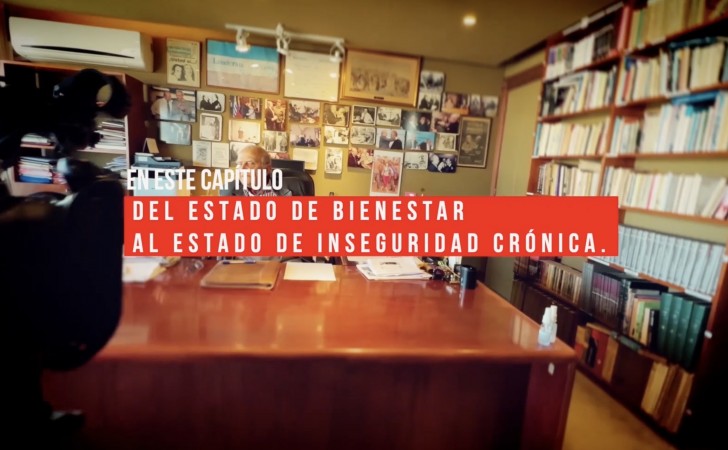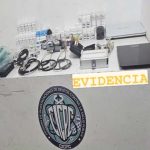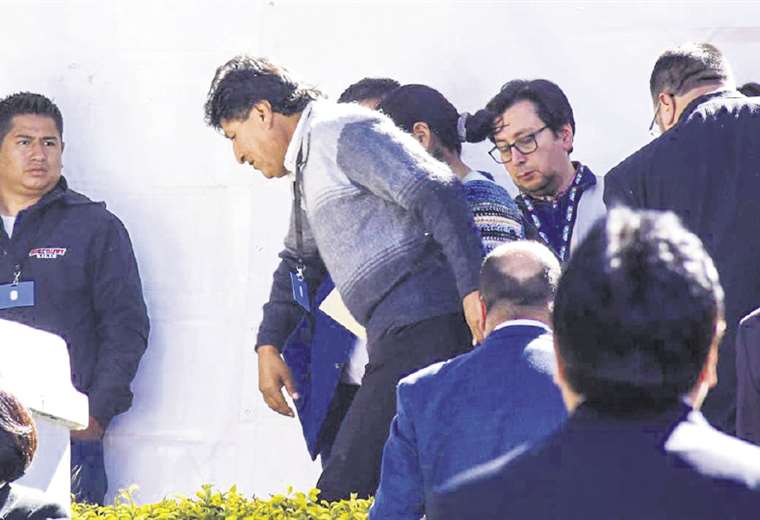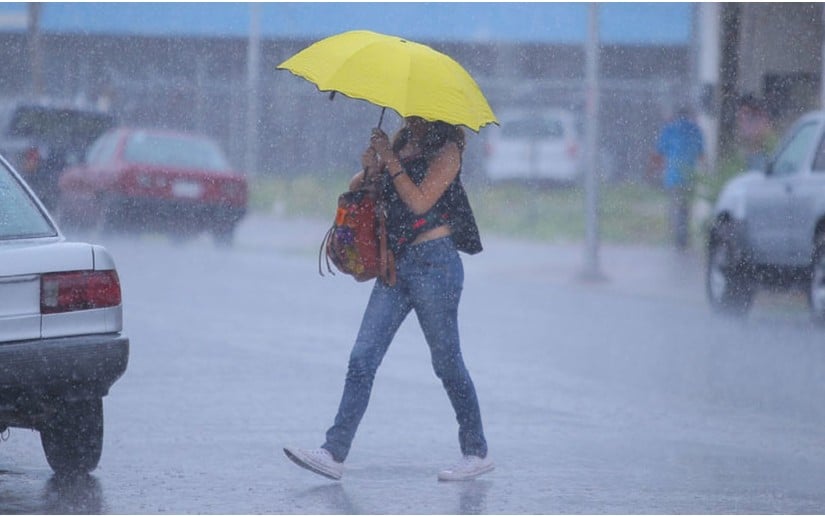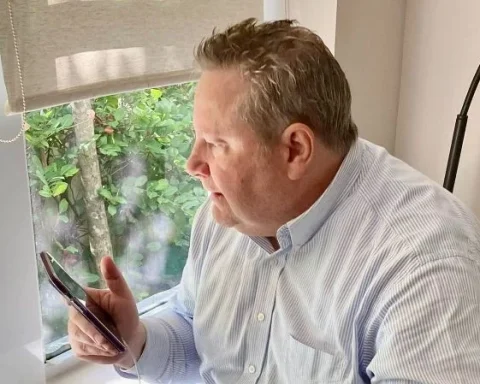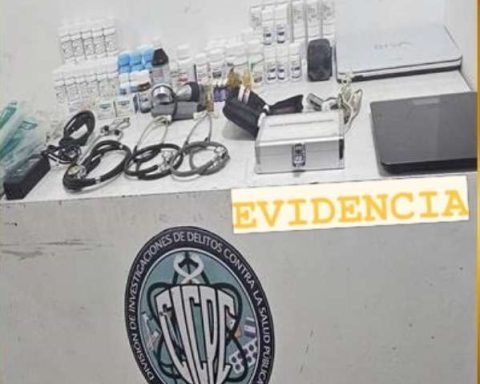In the social sphere, Fasano Mertens highlights a marked decrease in public spending and an “expropriation of real wages”, which has led to the resurgence of soup kitchens, an increase in begging and a growing number of homeless people. Economically, the country faces GDP growth of just 0.7%, the lowest in two decades. According to data from the Central Bank, More than 1,900,000 citizens are in debt, of which 650,000 are irrecoverable.
Public Insecurity in Uruguay
The central theme of the fifth chapter of the “Manual for Undecideds” of LA COSA VOSTRA is Public Insecurity, in which the former director of La República compares the approaches of the different governments of the Frente Amplio and the current one. When Tabaré Vázquez became president in 2005, he faced a 297% increase in crimes over the previous ten years.. José Díaz, the designated Minister of the Interior, promoted a humanistic approach, focused on the causes of crime and the rehabilitation of criminals, a project that did not prosper due to the resistance of a large part of society, which demanded an extra hand. tough against criminals.
With the arrival of José Mujica to power, Eduardo Bonomi took over as Minister of the Interior and adopted a more pragmatic approach, attacking both the causes and consequences of crime. Fasano praises Bonomi’s management, highlighting his collaboration with commissioner Julio Guarteche and sociologist Gustavo Leal. According to the journalist, Bonomi carried out profound reforms in the police, modernizing its structure, increasing the budget and professionalizing the agents. In his explanation Fasano cites Jorge Larrañaga, his political opponent, who In 2018 he described Bonomi as “the best Minister of the Interior in recent years”. It also mentions the Inter-American Development Bank (IDB) and international experts such as Lawrence Sherman and John Sane, who recognized Uruguay’s progress in security during the Frente Amplio administration.
The Security reform of the Broad Front
Fasano provides a detailed review of the security reforms implemented by the Frente Amplio, including the creation of a community police force that sought to turn the “overbearing police officer” into a supportive protector. It also highlights the significant increase in the budget allocated to the police, which In five years it quadrupled its resources, and improved the salaries of the agents, who went from miserable salaries to more decent salaries. These reforms, according to Fasano, modernized the police force, providing it with new technology and equipment, such as helicopters, drones, Glock pistols and bulletproof vests.
One of the most significant achievements mentioned by Fasano is the implementation of a video surveillance system and the geolocation of crime, as well as the modernization of police stations and the creation of new operational areas.
The arrival of drug trafficking cartels to Uruguay
Despite the progress, the expert communicator also points out that Drug trafficking represents one of the greatest challenges to security in Uruguay. He emphasizes that the Frente Amplio warned in 2018 about the imminent arrival of international criminal organizations to the country, such as the Tren de Aragua and the First Capital Command, that now They control entire neighborhoods and use the Uruguayan port as a base of operations for drug trafficking to Europe.
In this sense, Fasano harshly criticizes the management of the current government in the fight against drug trafficking, accusing it of inaction and of not having understood the “narco economy,” which, according to him, is the true battlefield to combat the problem. He accuses the Lacalle Pou government of having taken superficial measures, such as the Law of Urgent Consideration (LUC) and the severity of repression, without addressing the economic roots of drug trafficking. In addition, the lack of investment in interception technology and the weakening of anti-money laundering laws stands out, which has facilitated the expansion of drug trafficking in the country.
From community police to prison overcrowding
Overcrowding in prisons is another issue that Fasano addresses in detail. In 2019, the Frente Amplio delivered a prison system with controlled prison density to the Lacalle Pou government, but under the current administration, the situation has worsened dramatically. With a 40% increase in the prison population, prisons have become “breeding grounds” for the recruitment of criminals by drug trafficking organizations.
Fasano concludes his analysis by warning that Uruguay risks following the path of Ecuador, a country that, according to him, fell under the control of drug trafficking due to the lack of effective preventive policies, and makes a call for a great national agreement to address this problem before it is too late, noting that Current measures are not enough to stop the advance of organized crime.
